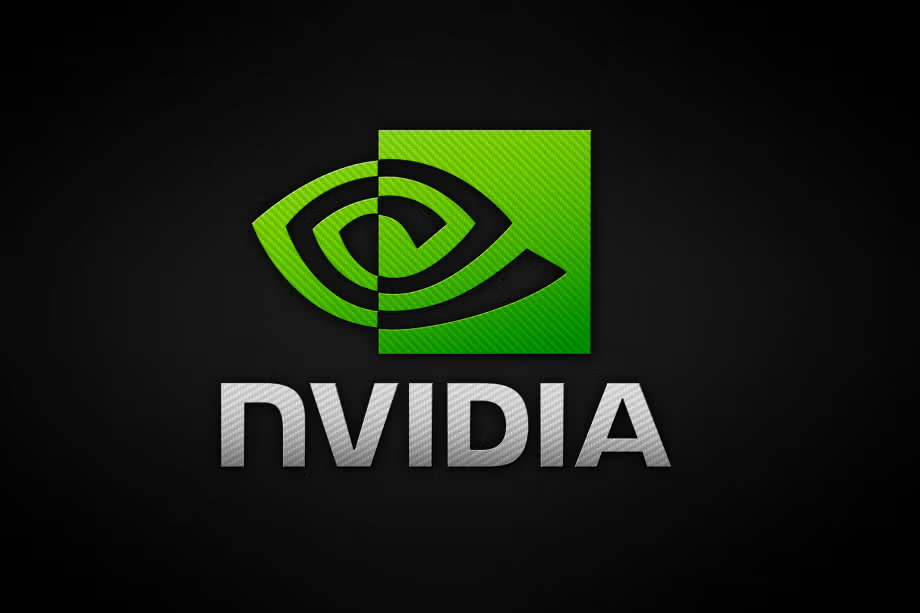The technology sector is experiencing turbulence following Nvidia's announcement that it anticipates a $5.5 billion loss due to new U.S. export restrictions on its advanced AI chips. These restrictions, aimed at preventing China from accessing technology that could enhance its military capabilities, have triggered a sell-off of tech stocks, impacting not only Nvidia but also other major players in the semiconductor industry.
Nvidia's shares tumbled after the company revealed it faces significant limitations on exporting its H20 AI chips to China, resulting in an estimated $5.5 billion charge. The U.S. government informed Nvidia on April 9 that export licenses would be required for its H20 integrated circuits and similar bandwidth chips for the "indefinite future". The restrictions target China, Hong Kong, and Macau, addressing concerns that these products could be used in, or diverted to, supercomputers in China. The H20 chip was designed to comply with previous export rules while delivering advanced AI capabilities to the Chinese market.
The impact extends beyond Nvidia. Advanced Micro Devices (AMD) also warned of potential charges of around $800 million due to the new export controls. Shares of AMD, Broadcom, Micron Technology, and Super Micro Computer also experienced declines. Asian technology giants felt the impact as well, with testing equipment maker Advantest's shares falling in Tokyo, along with Disco Corp. and Taiwan's TSMC.
Analysts suggest Nvidia's write-down indicates a "low probability of future licenses" to circumvent the new restrictions. The situation is further complicated by AI diffusion rules set to take effect in May, potentially limiting sales of American AI hardware to a broader set of countries. Some analysts believe the recent events are part of an ongoing trade war between the U.S. and China, with both sides expected to take further action. This uncertainty makes it difficult for tech companies to provide clear guidance in the coming months.
Despite these challenges, Nvidia CEO Jensen Huang has affirmed the company's commitment to the Chinese market. Speaking in Beijing, Huang stated that Nvidia would continue to optimize its products to comply with regulations and serve Chinese companies.
The restrictions on Nvidia's H20 chips are part of a larger technological competition between the U.S. and China. Both countries view AI and semiconductors as critical for future economic and military power. The U.S. government has tightened export controls on advanced semiconductor technology to China over the past two years, aiming to prevent China from obtaining AI chips for military applications or strengthening its domestic semiconductor industry.

















